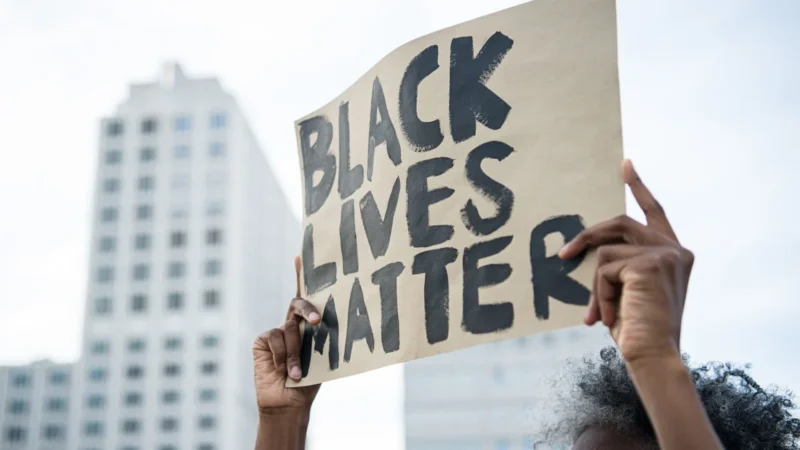Opinion: What it means to be born Black in Germany
Share
Explore Our Galleries
Breaking News!
Today's news and culture by Black and other reporters in the Black and mainstream media.
Ways to Support ABHM?
Josephine Apraku, CNN
Editor’s Note: Josephine Apraku is an author and scholar of African Studies, as well as a consultant on diversity. The views expressed in this commentary are their own.

BerlinCNN —
As I move around my hometown of Berlin, I’m frequently complimented on my excellent command of German — sometimes, even after I’ve explained to the person I’m speaking to that I was born and raised here. All too often, the follow-up question I get is, “But tell me, where are you really from?”
It’s as if cognitive dissonance won’t allow some people to believe that one can be both Black and German at the same time.
If it’s not more widely known that Germany has a Black population said to number a million people, it is perhaps because there’s not a central Black town or city or neighborhood. Most of us grew up isolated, strewn throughout the country as one of the few Black people — sometimes the only Black person — in our schools or communities.
At the elementary school I attended for example, I had the alienating experience of being the lone Black child. That, despite living in a bustling metropolis — Germany’s largest city, in fact.
It is hard to group Black Germans — sometimes also referred to as Afro-Germans — under one umbrella; there is no one description that encompasses the diversity of Black people here.
Explore this virtual exhibit to learn more on racial perceptions.
Find more Breaking News here.









Comments Are Welcome
Note: We moderate submissions in order to create a space for meaningful dialogue, a space where museum visitors – adults and youth –– can exchange informed, thoughtful, and relevant comments that add value to our exhibits.
Racial slurs, personal attacks, obscenity, profanity, and SHOUTING do not meet the above standard. Such comments are posted in the exhibit Hateful Speech. Commercial promotions, impersonations, and incoherent comments likewise fail to meet our goals, so will not be posted. Submissions longer than 120 words will be shortened.
See our full Comments Policy here.